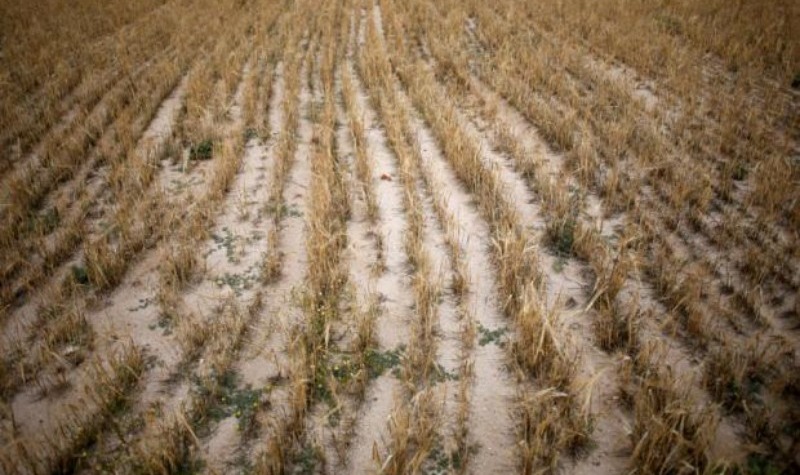The Junta de Andalucía, the regional government of Andalucía in Spain, has created a new biodiversity strategy that focuses on addressing the challenges posed by climate change and protecting the region's wildlife. The strategy, which is an updated version of the 2011 strategy, sets out the government's goals and priorities for the next decade, with a view to responding to new environmental challenges.
One of the primary focuses of the strategy is preparing for future scenarios that could result from climate change and drought. The strategy recognizes that Andalucía is one of the regions in Europe that is most at risk from the impacts of climate change, as identified in the State of Nature report on the European Union.
The strategy emphasizes the importance of balancing human activity with the conservation of Andalucía's rich and diverse biodiversity. To achieve this, it includes measures to prioritize wildlife conservation, including in the context of the growth of renewable energy developments. The strategy also aims to take action against exotic and invasive animals, as well as to update hunting regulations and guidelines on the use of poison.
The Andalusian Director of Biodiversity, Juan Ramón Pérez, stated that the strategy was built on the premise that land that is used, shared, and cared for is the best guarantee for its preservation. He added that the new strategy aims to make the conservation of Andalucía's natural heritage compatible with human activity.
The drafting of the new strategy involves input from a range of organizations, institutions, and the general public, and will be debated in the Andalusian Biodiversity Council before its expected approval this year. Overall, the new biodiversity strategy is an important step towards protecting Andalucía's unique natural environment and ensuring its long-term sustainability in the face of environmental challenges.

